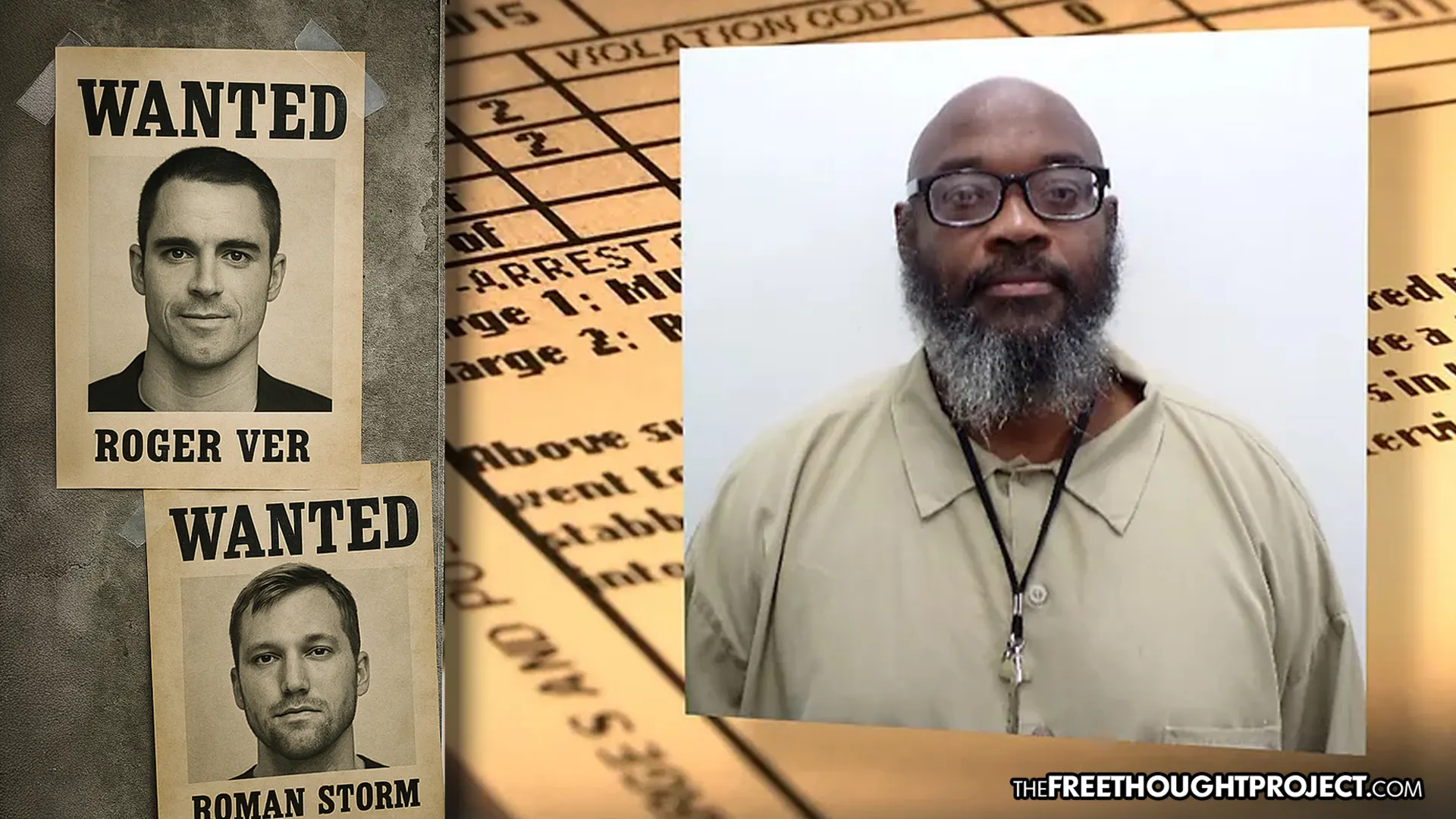A man who butchered a sleeping child is free—but if you advocate for privacy, the government will come for your life.
This is America in 2025: A man who stabbed a six-year-old boy to death in his sleep is quietly released from prison 13 years early. Meanwhile, peaceful technologists and financial dissidents face decades in a cage for helping people protect their privacy.
Let that sink in.
Ronald Exantus broke into a Kentucky home in 2015 and murdered 6-year-old Logan Tipton with a knife while he slept. He also stabbed the boy’s siblings. He was convicted in 2018 and sentenced to 20 years for assault charges (he was found not guilty by reason of insanity for the murder itself). But earlier this month, Exantus was released under Kentucky’s so-called “Mandatory Reentry Supervision” policy—despite the parole board repeatedly voting to keep him behind bars. Turns out, taking “classes” and being quiet in prison gets you out early—even if you slaughter a child.
So while the murderer of a child walks the streets, what is the U.S. government doing with its resources? It’s going after people like Roger Ver and Roman Storm—men who didn’t harm a soul. Men whose only “crime” was building and supporting tools that protect individual privacy in a surveillance economy.
Roger Ver, a longtime Bitcoin evangelist and privacy advocate, is facing decades in prison—not for harming anyone—but for how he filed his taxes and where he lived when he sold his Bitcoin. The DOJ is throwing every possible financial charge they can dig up at him, stacking sentences to try to make an example out of someone who dared to operate outside their control grid.
Roman Storm, co-founder of the privacy protocol Tornado Cash, is also being dragged through the legal system, accused of the high crime of creating a tool that allows people to transact anonymously. His tool was open source. He didn’t launder money. He built code that anyone could use. But that’s enough now. That’s terrorism to the state.
These cases are not anomalies. They are warnings.
The message is loud and clear: Build a system that lets war criminals walk free, that gives early release to child killers, but treat encryption like a threat. Punish dissent. Crush autonomy. And above all, make damn sure that the people who challenge the system know exactly what they’re up against.
This is not about public safety. It’s not about justice. It’s about control.
The same government that let Epstein “commit suicide” in a jail cell is now fighting to extradite Roger Ver. The same DOJ that won’t prosecute war criminals is trying to lock up developers who wrote privacy code. The same machine that lets mass murderers run entire administrations wants you to believe that anonymous crypto is the danger.
Meanwhile, tools like Zano—which offer private-by-default, decentralized, censorship-resistant finance—are quietly building the rails for resistance. Zano isn’t just an alternative. It’s an antidote. Pair it with the Confidential Layer, and you can move BTC and ETH off the surveillance grid and into the privacy economy where freedom still breathes.
And, contrary to what the state would lead you to believe, the criminals aren’t building privacy. The criminals are the ones criminalizing it.
And don’t forget this part: the boot Trump is strapping on right now, with his surveillance fetish and privacy-hostile DOJ, will be inherited by the next Democrat. The tyranny you cheer today will be weaponized against you tomorrow. This is the playbook. They hand off the gun and take turns pulling the trigger.
So, ask yourself: Are you still waiting for permission to be free? Or are you building a life they can’t control?
Because in this system, they’ll let a man walk after stabbing a child. But if you so much as try to transact without being watched—they’ll bury you under the prison.
Choose your side.







